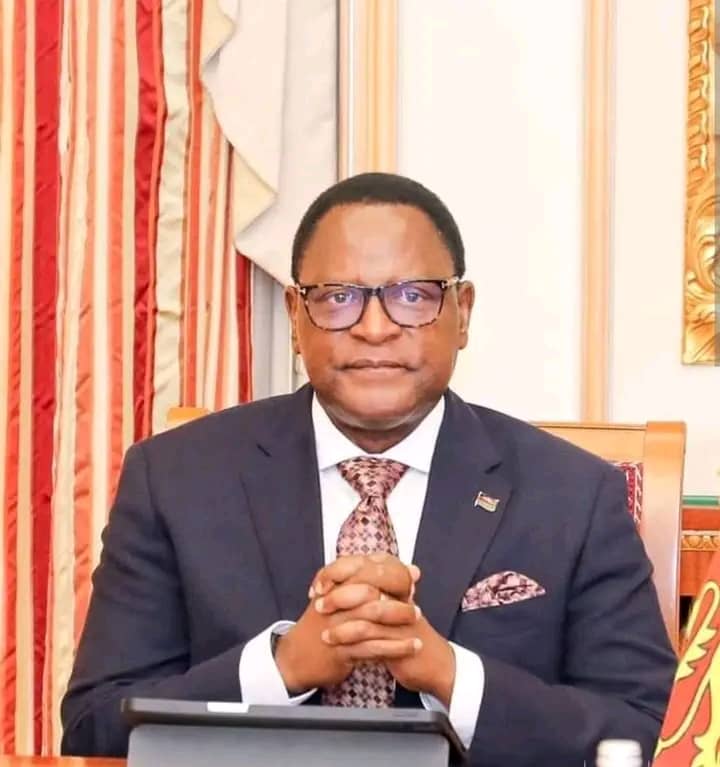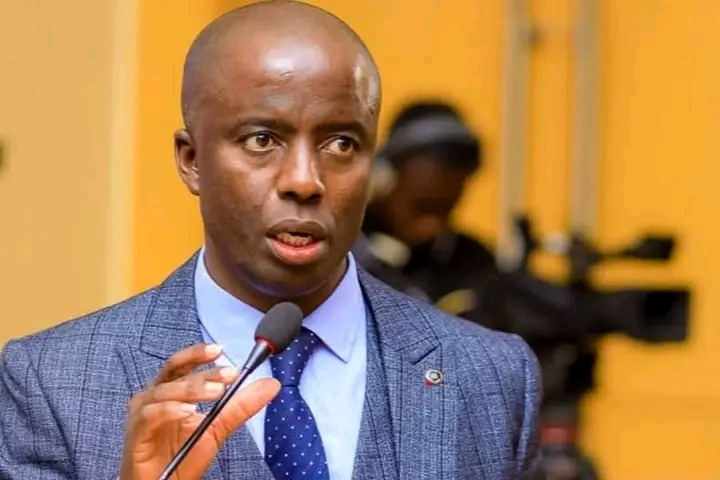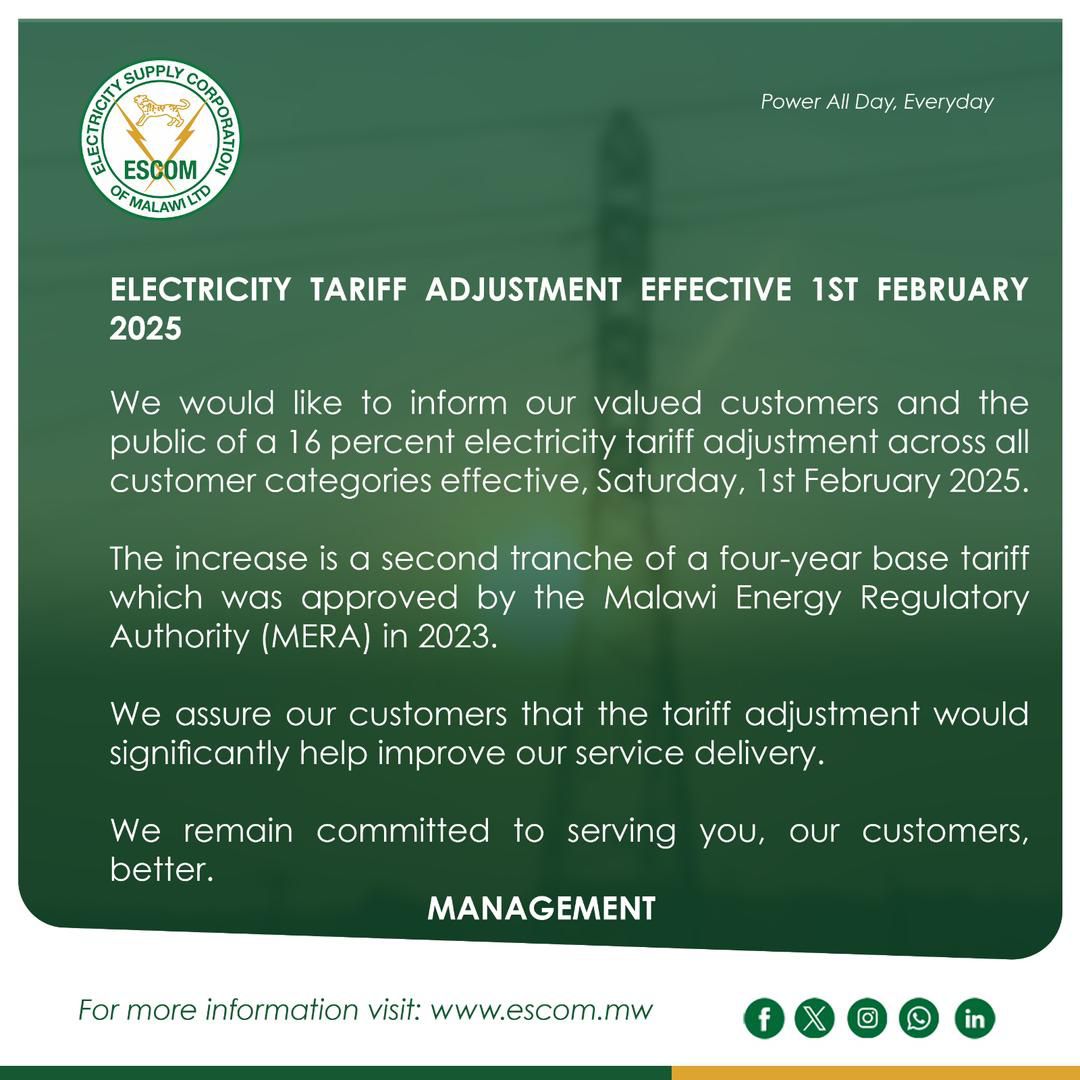By Twink Jones Gadama
In a candid address to his cabinet ministers at State House during an impromptu meeting held on Sunday midi night, President Lazarus Chakwera of Malawi expressed his discomfort with being referred to as “Ngwazi,” a title historically reserved for revered leaders like Kamuzu Banda and Bingu wa Mutharika. Chakwera’s remarks come amid growing concerns about his leadership effectiveness and the political landscape as the country approaches the next election cycle.
During the meeting, Chakwera emphasized that he does not consider himself worthy of the title “Ngwazi,” which translates to “great leader” in Chichewa. “I have failed, and I know so,” he stated, urging his ministers to advise supporters of the Malawi Congress Party (MCP) to refrain from using the title in reference to him.
“Using such a name to me is an insult to the word itself,” he added, reflecting on the significant legacies left by his predecessors.
Chakwera’s acknowledgment of his perceived shortcomings as a leader marks a significant moment in his presidency, which began in June 2020 after a hard-fought election that saw him oust former President Peter Mutharika.
The president’s admission of failure resonates with many Malawians who have expressed dissatisfaction with the current state of governance, economic challenges, and rising corruption.
The president’s comments also come at a time when political tensions are escalating in Malawi. Chakwera’s administration has faced criticism for its handling of various issues, including the economy, healthcare, and education.
Many citizens have voiced their frustrations over the rising cost of living and the government’s inability to deliver on its promises. As a result, Chakwera’s popularity has waned, leading to calls for a more effective and responsive government.
In his address, Chakwera also expressed his concerns about the potential candidacy of Peter Mutharika in the upcoming elections. Mutharika, who served as president from 2014 to 2020, has remained a significant figure in Malawian politics, and his return to the political arena could pose a challenge to Chakwera’s leadership.
The president indicated that measures must be taken to prevent Mutharika from contesting, suggesting that the proposed age bill could be a viable solution.
The age bill, which seeks to impose age limits on presidential candidates, has been a contentious topic in Malawian politics. Proponents argue that it would ensure a new generation of leaders, while opponents view it as a politically motivated move aimed at sidelining experienced politicians like Mutharika.
Chakwera’s support for the bill underscores his determination to bar Peter Mutharika from contesting as he is geared to win the firth coming elections.
Our source indicated that the main agenda of the meeting was to discus Mutharika’s possible ways of barring him from standing.
He stated that billions of kwachas have been put aside to bribe Members of Parliament,Judges,media houses,chiefs,police just to mention a few.
As the political climate intensifies, Chakwera’s administration faces the dual challenge of addressing public discontent while navigating the complexities of party politics.
The president’s call for unity among his ministers and supporters is crucial as the MCP prepares for the electoral battle ahead.
Chakwera emphasized the importance of presenting a united front, stating, “We must work together to ensure that our party remains strong and this Mutharika must not stand no matter what.”
In addition to addressing internal party dynamics, Chakwera’s administration must also contend with external pressures, including economic challenges exacerbated by the global pandemic.
The Malawian economy has struggled to recover, with rising inflation and unemployment rates affecting the livelihoods of many citizens.
Chakwera’s government has been criticized for its handling of economic policies, and the president acknowledged the need for more effective strategies to stimulate growth and improve living conditions.
Chakwera’s remarks at State House reflect a broader recognition of the challenges facing his administration. By openly discussing his failures and the need for change, the president aims to foster a sense…of accountability within his government. However, the road ahead remains fraught with obstacles, and the success of his leadership will ultimately depend on his ability to address the concerns of the Malawian people.
As the political landscape evolves, the MCP must also navigate the complexities of coalition-building and alliances with other parties. The upcoming elections will be a critical test for Chakwera and his administration, as they seek to maintain their grip on power in the face of mounting opposition.
The president’s call for unity and collaboration among his ministers is a crucial step in preparing for the electoral battle ahead. By acknowledging his shortcomings and expressing a willingness to learn from his mistakes, Chakwera may be able to regain the trust of some of his critics.
However, the task ahead will not be easy. Chakwera’s administration must contend with a multitude of challenges, including a struggling economy, a disillusioned electorate, and a resurgent opposition.
As Malawi approaches the next election cycle, one thing is clear: the country is at a crossroads. The choices made by its leaders in the coming months will have far-reaching consequences for the future of the nation.




